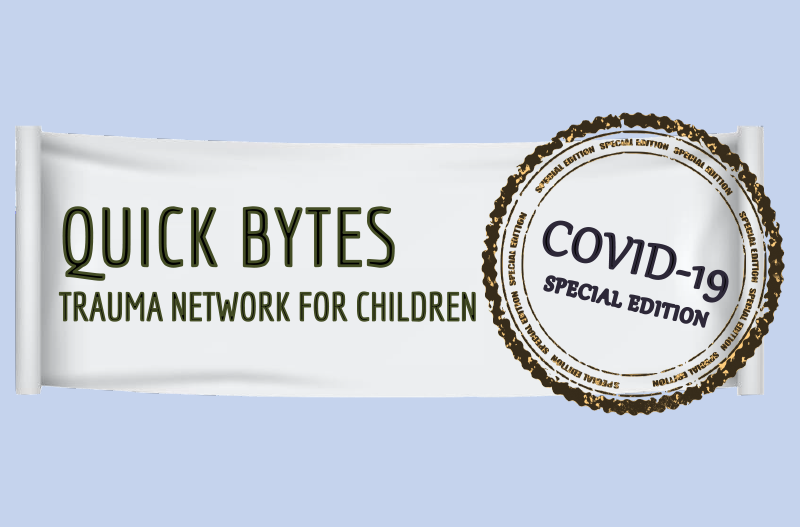
The global coronavirus health crisis is a stressful time for everyone in Singapore and around the world.
Everyone responds to stress differently—our children and teenagers are no exception. They may have many mixed feelings about the coronavirus and rapidly changing measures implemented by our government to keep everyone safe and our nation as healthy as possible. Some children and teenagers may have a positive or neutral response to the changes in the home or school as a result of the Circuit Breaker and other implemented measures during this COVID-19 period, while others may not. These changes can be confusing or frustrating for children and teenagers.
Other feelings children and teenagers may experience are:
- Moodiness or irritability because they are unable to play or hang out with their friends or see their extended family like they used to
- Disappointment over cancelations of various social, entertainment and school events such as concerts, sports, internship placements, performance
- Relief or worries about school examinations being affected, particularly for those who are to sit for the major examinations such as, PSLE, GCE 'O' and 'A' Levels
- Fears and worries that their loved ones, or themselves, may fall ill or catch the coronavirus
- Feelings of being overwhelmed by the continuous coverage of COVID-19 in the media
- Being affected and disturbed by the stress or distress that their family members might be feeling
Children and teenagers can cope better with social support, when key adult figures in their lives talk to them and clarify their worries with accurate, updated and age-appropriate information about the coronavirus and the measures being taken in Singapore (i.e., social distancing of 1.5m to 2m, "Circuit Breaker", home-based learning). They may also adjust better to these changes with their family's help and support.
Click to read advice by the KKH Psychosocial Trauma Support Service team on how families, children and teenagers can better cope with stress and practise self-care during COVID-19:
Acknowledgements This article was contributed by the Psychosocial Trauma Support Service at KK Women's and Children's Hospital.




















 Get it on Google Play
Get it on Google Play